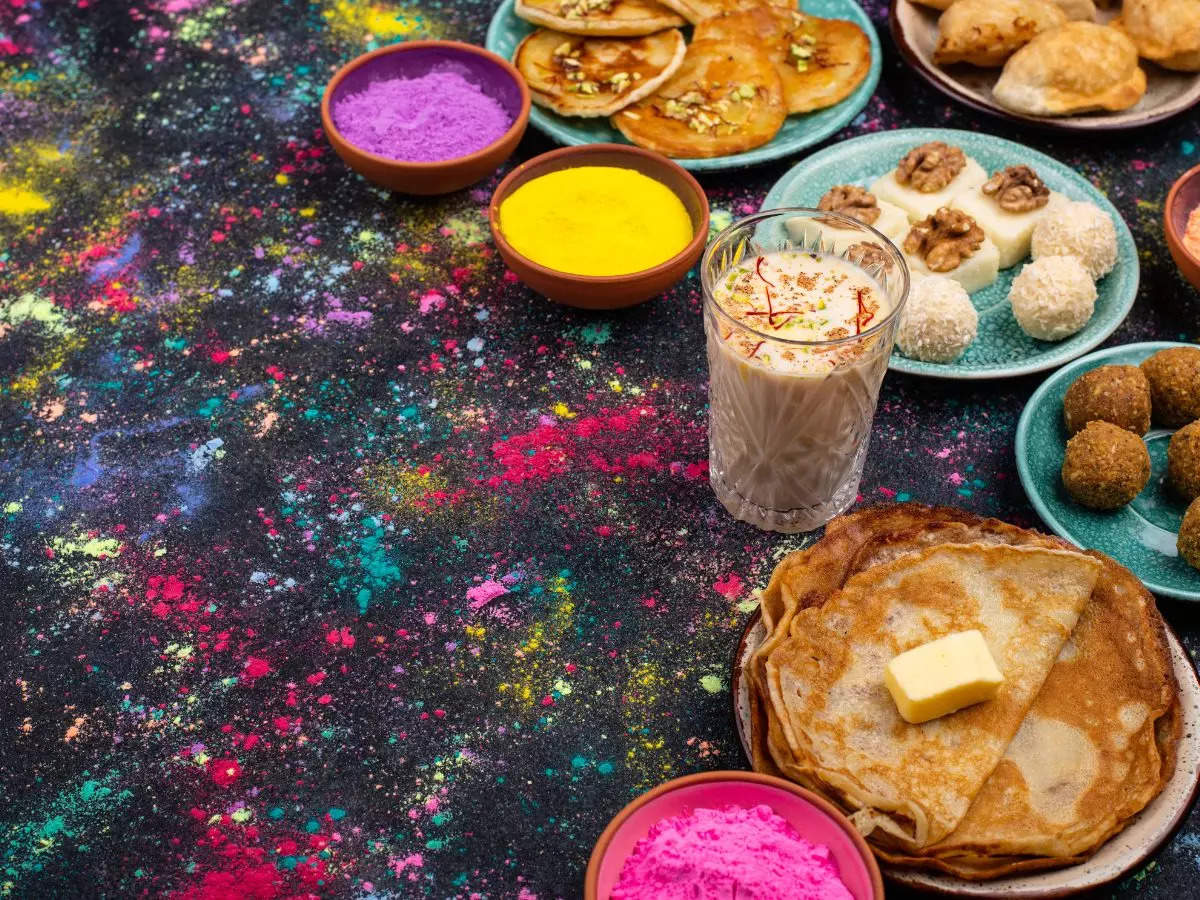
Dr Charu Dua, Chief Clinical Nutritionist, Amrita Hospital, Faridabad shares, “In the excitement of celebrations, we generally skip our breakfast and get busy playing with colors for long hours, eat fried snacks, have drinks, bhang, etc followed by a heavy lunch. Most of the recipes are fried and heavy on spices. Due to long eating gaps and heavy snacks, we land up having gastric symptoms like gas, acidity, etc. So remember to start your day with a healthy breakfast. Include curd (probiotic) in your breakfast; it is filling and a healthy natural probiotic that will keep your gut healthy. Steamed sprouts, idli, dosa, and cheelas are a few healthy breakfast foods that are light on the stomach and easy to digest, preventing feelings of heaviness and bloating. Eat a homemade breakfast low in salt, before you start playing holi.”
Dr. Bir Singh Sehrawat, Director & HOD, Gastroenterology, Marengo QRG Hospital Faridabad further adds, “Diabetics should take multiple meals at small frequent intervals rather than taking large meals and fasting for a longer time. Fasting may reduce blood sugar levels and deplete your energy reserve, causing hypoglycemia. Patients with diabetes may experience symptoms like dizziness, tiredness, pounding heartbeat, shakiness, irritability, and anxiousness. Refrain from eating food high in carbohydrates, fats, high calories and processed food as it may cause your blood sugar levels to rise. They should also avoid junk food, fried food. They should try to eat fruits and green leafy vegetables too.”
Remember to hydrate yourself with good choices. “As Holi is a festival when we bid adieu to winters and welcome spring, we forget to hydrate ourselves, and even when we do, it’s with sugary drinks or alcohol, which further dehydrate us. With dehydration, we lose electrolytes, which is a major cause of tiredness. Good choices to keep you hydrated are water, lemon water, fresh coconut water, fresh fruit juices, detox water, kanji (homemade), buttermilk, chaach, lassi, etc. Avoid high sugar and high salty drinks. Extra salt will make you retain water,” adds Dr Dua.
By sticking to their regular schedule of medicine, doing regular exercise and following the diet schedule, they can get a good control of their diabetes.
If you have overeaten: If you could not follow any of the tips above, and have overeaten, remember to eat a very light dinner. Exercise the next day a little more than usual or cut back on a few calories in each meal to compensate for the overeating done, adds Dr Dua.
